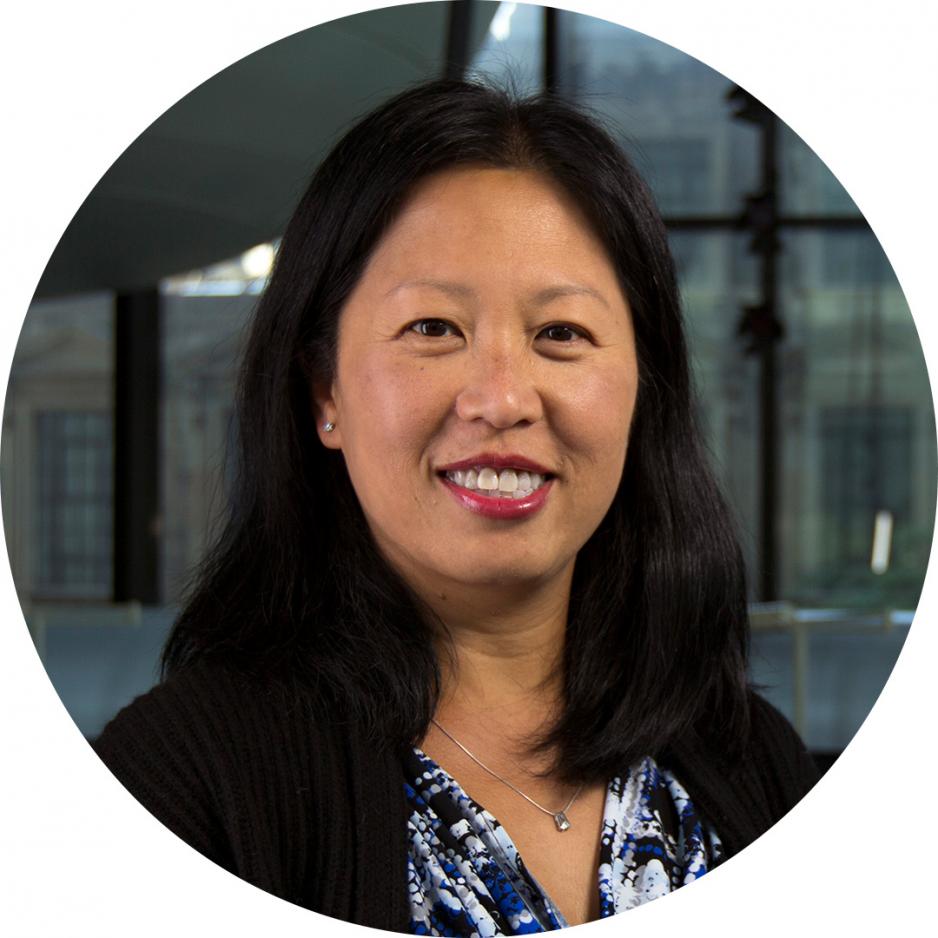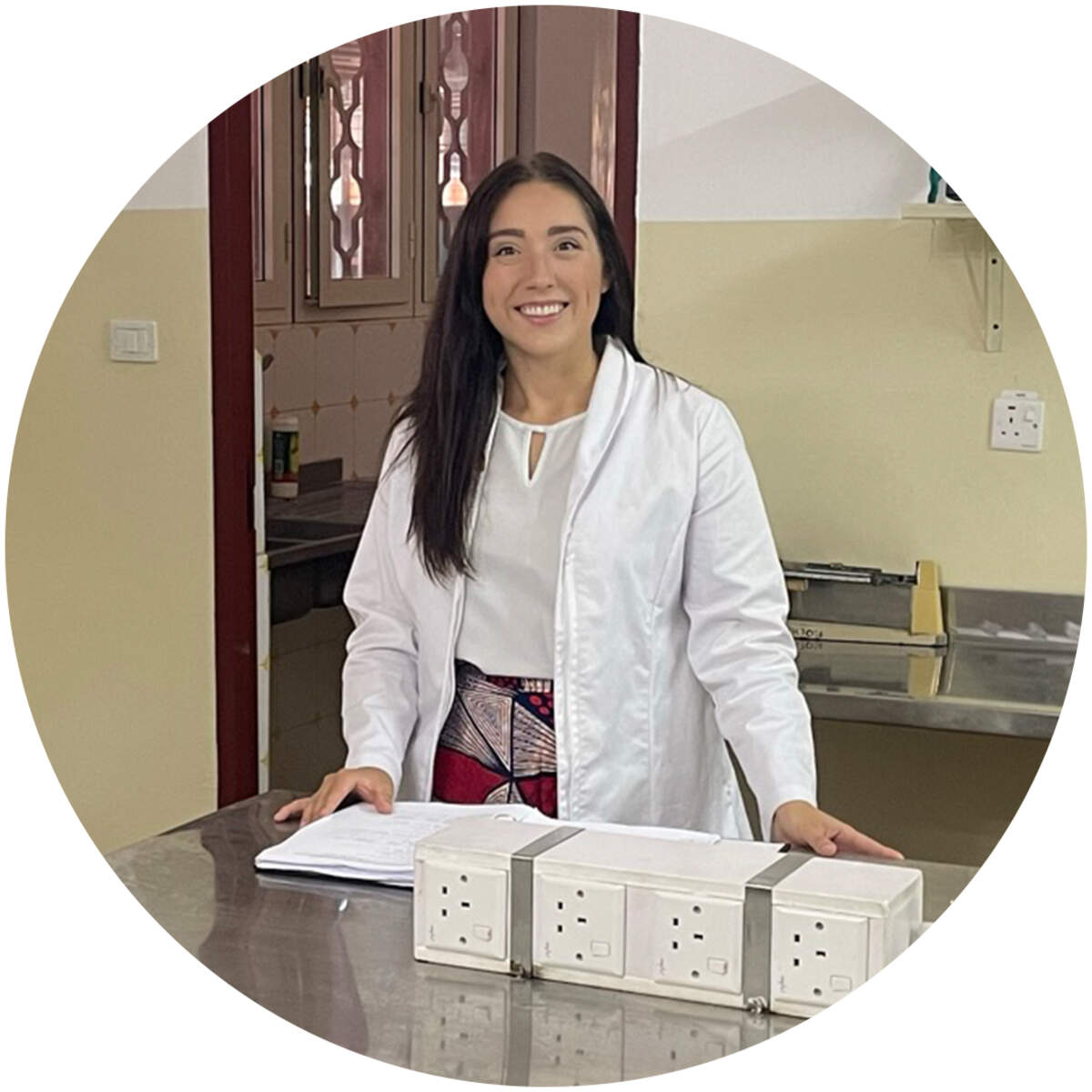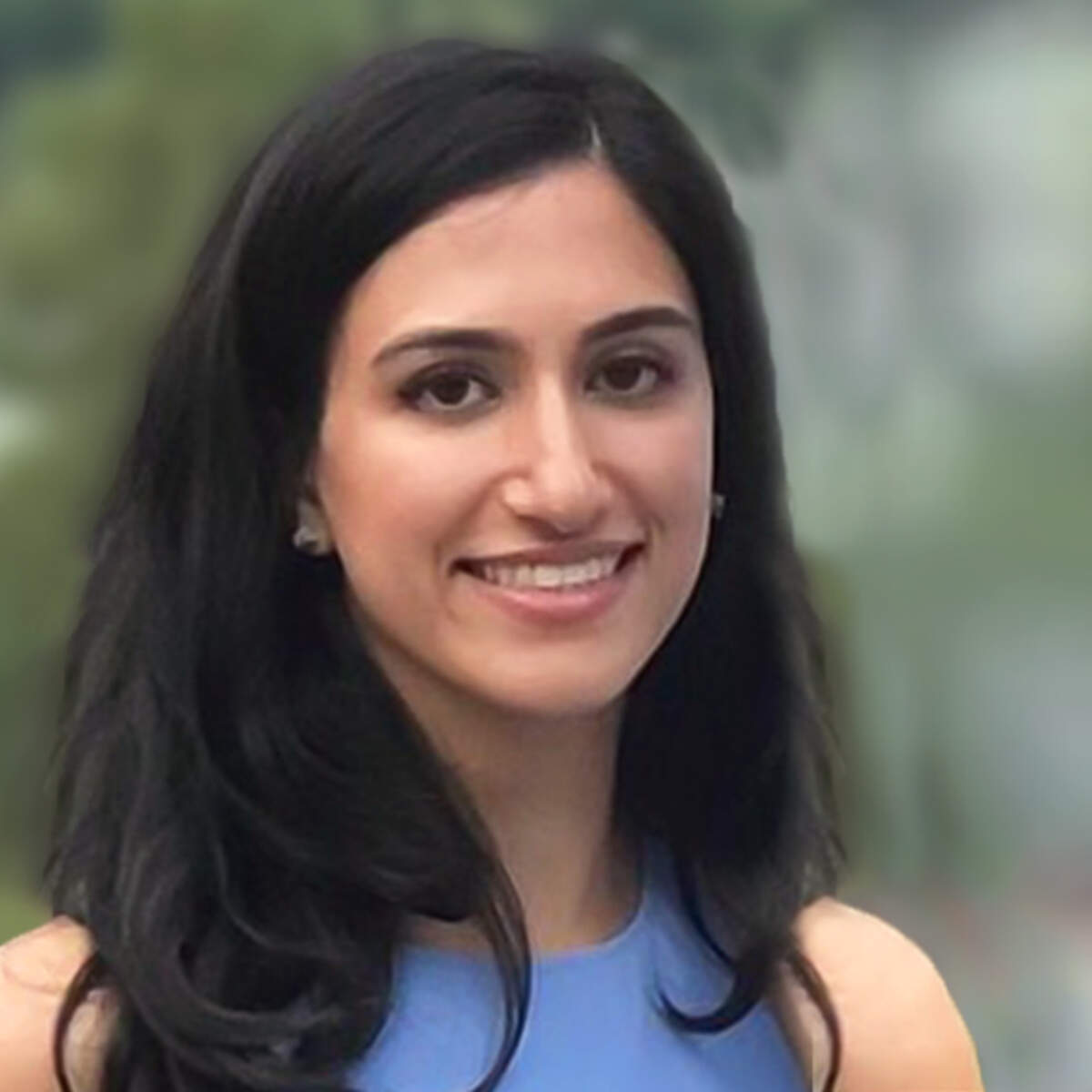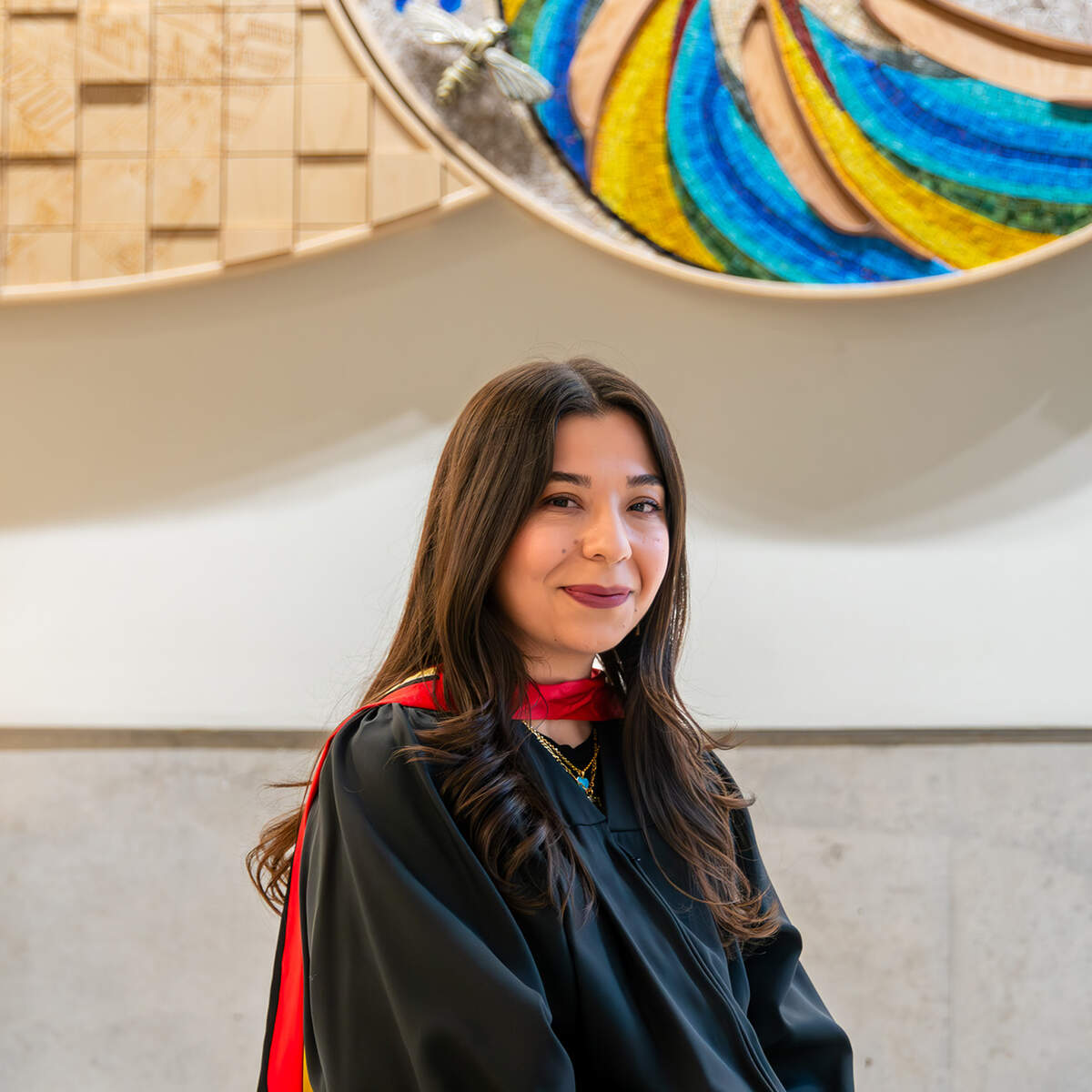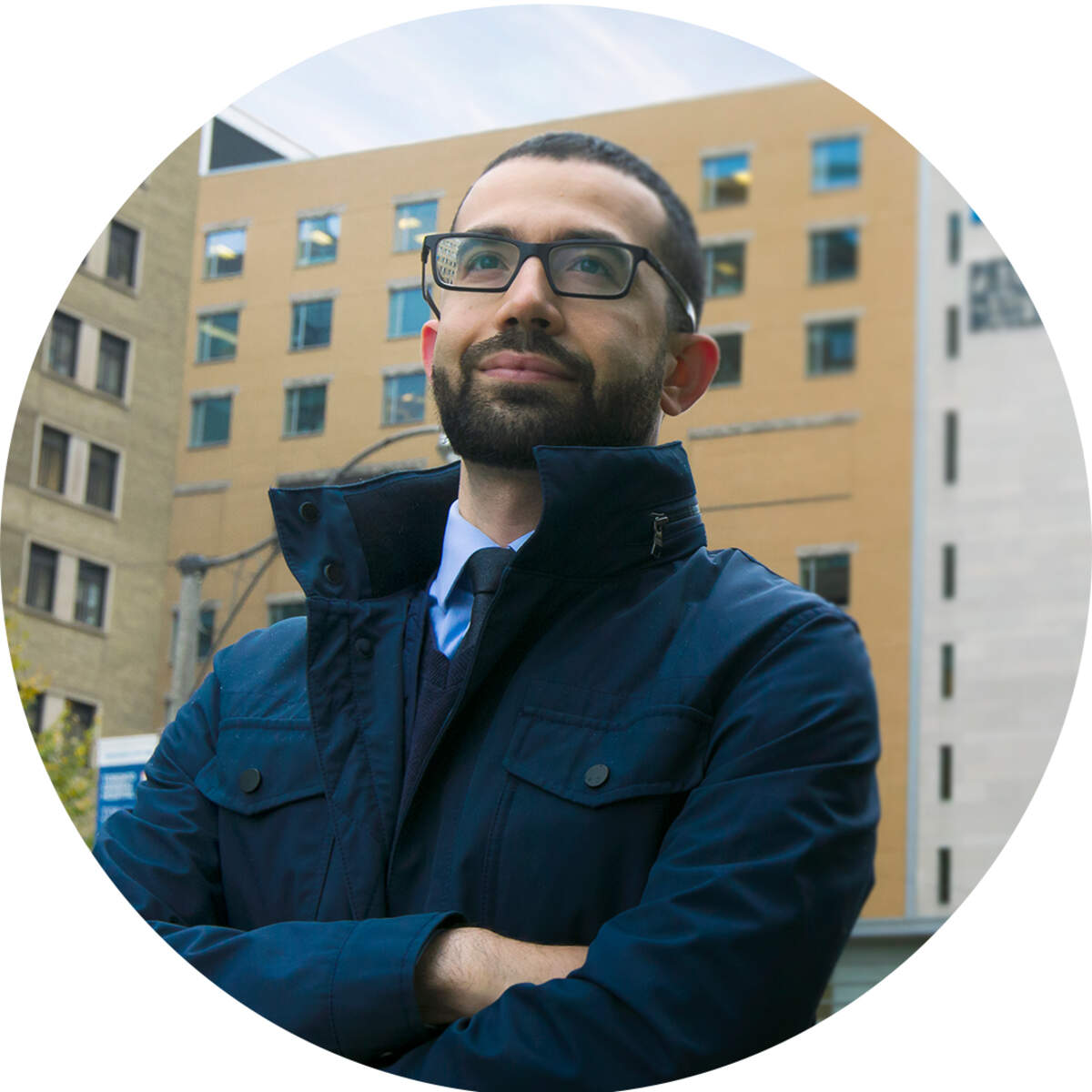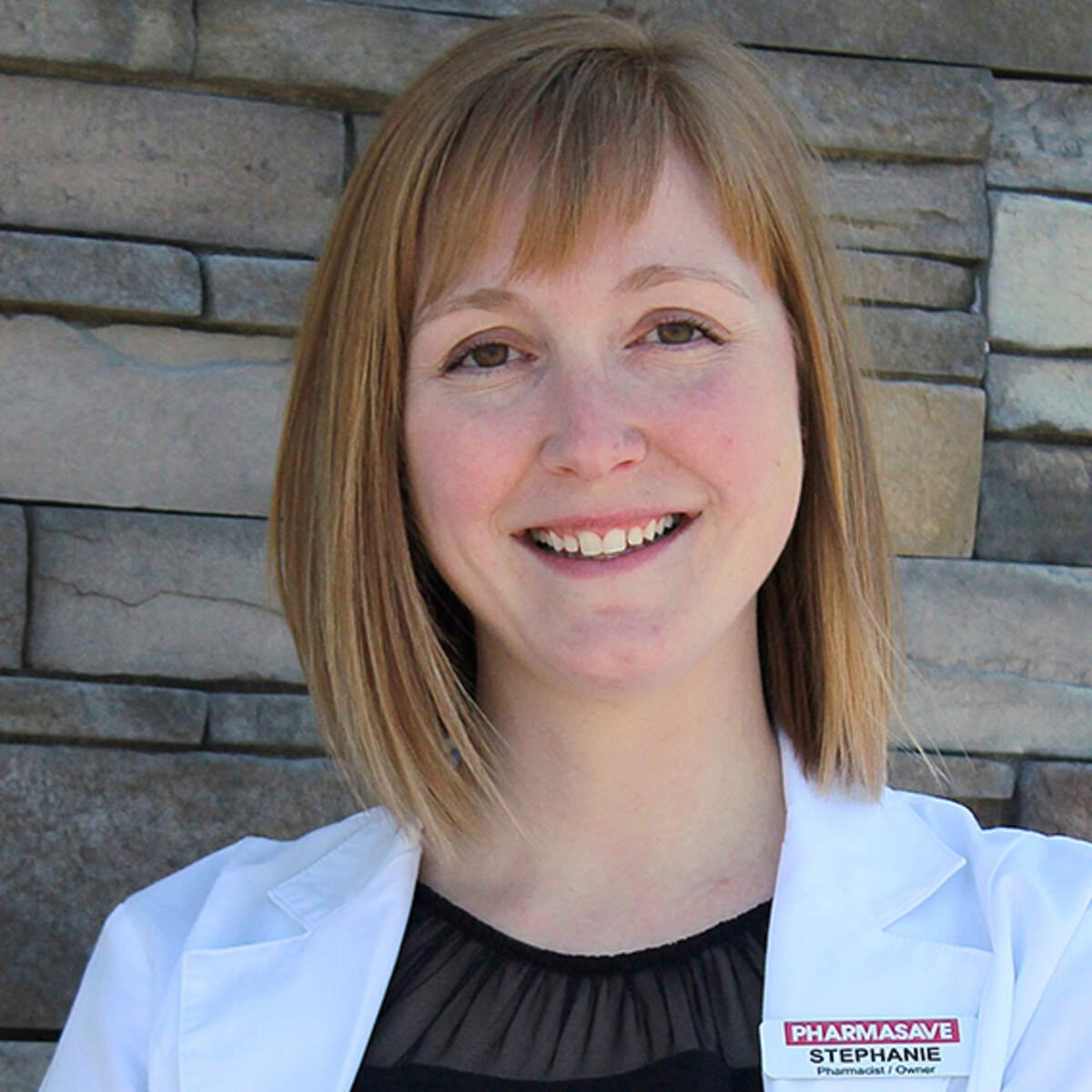The PharmD for Pharmacists Program at the University of Toronto is the longest offered PharmD bridging program in Canada. Our instructors come from world-renowned practice settings across the country. Students in our program learn first-hand from experts in pharmacy practice. Consistently ranked as the top faculty of pharmacy in Canada and one of the top in the world, we offer a vibrant community of world-leading professionals and researchers and endless opportunities for growth.
The Leslie Dan Faculty of Pharmacy is continually moving the profession of pharmacy forward, challenging traditional perceptions, seeking new solutions and redefining pharmacy's impact on healthcare. Based in the diverse city of Toronto, the University of Toronto is the place to pursue worthwhile global experience and internationally recognized education. With international students from over 160 countries and regions, it has earned the title of being a global leader in research and teaching.
Join the top faculty of pharmacy and take the next step in your career with a PharmD.
Message from the Director
"This is an exciting time for the profession of pharmacy in Canada and across the world! With expanded scopes of practice and the increasing need for pharmacists in every aspect of healthcare, you need to be ready to embrace these opportunities for your patients. The PharmD for Pharmacists program can help you to advance your practice and create opportunities for your future. Be part of the change and make a difference for your patients and the profession of pharmacy!"
Kathy Vu,
Director, PharmD for Pharmacists Program
Benefits of the PharmD for Pharmacists Program
- Flexible schedules for international working professionals
- Most didactic courses are delivered online asynchronously
- Customizable courses and experiential rotations to optimize learning goals
- High quality education with highly respected and experienced faculty members
- Networking opportunities with experiential rotations in Canada and internationally
- Peer-to-peer mentorship program
- Coffee Chats with the Program Director
- Certificate Program(s)
Support for international students through the University of Toronto’s Centre for International Excellence
"The PharmD for Pharmacist program facilitated my seamless integration into the Canadian healthcare system. It exposed me to advanced healthcare technologies and innovative methods, enhancing my ability to apply knowledge effectively. Equipped with a unique skill set, I can now operate independently in various healthcare settings."
- Elaf, Sudan
Career Paths
With a PharmD degree, students in our program have been successful in transitioning or advancing their careers through the following pathways.
|
Clinical Pharmacy |
|
|---|---|
|
Pharmaceutical Industry |
|
|
Research |
|
| Other |
|
Completion Requirements
To earn your Doctor of Pharmacy (PharmD) degree from the PharmD for Pharmacists program at the Leslie Dan Faculty of Pharmacy, University of Toronto, you are required to complete sixteen (16) courses as follows:
-
Course Requirements (11 courses)
- Experiential rotations (4 rotations); and
- Elective (1 course or 1 rotation).
All requirements must be completed as follows:
- Minimal course requirements annually (defined as 3 consecutive terms – winter, spring/summer, fall): 4 courses
- Maximal time allowed to complete degree: 4 years
"The PFP program has been a game-changer for my career. It allows international students to familiarise themselves with the Canadian healthcare system whilst enhancing knowledge and skills essential to advanced practice. The program offers great flexibility, which enabled me to continue working in my home country whilst taking advantage of online course delivery. The Advanced Pharmacy Practice Experience rotations open many doors to PFP students, providing invaluable insights into potential career opportunities. I would highly recommend this program to anyone considering practising in Canada, particularly those who are looking to enhance and expand their scope of practice!"
- Pooja, United Kingdom
Course requirements
Students must complete a total of 11 didactic courses as specified below:
- Foundations for Advanced Pharmacy Practice – 1 course
- Critical Appraisal – 1 course
- Pharmacotherapy/Contemporary Topics courses – 5 courses
- Health Systems/Social Administration – 1 course
- Physical Assessment – 1 course
- Pharmacokinetics – 1 course
- Teaching, Learning & Presentation – 1 course
In addition to the robust content covered in our didactic courses, PharmD for Pharmacists students complete a minimum of 4 Experiential Rotations, 3 of which must be Direct Patient Care.
Rotations offer students the opportunity to work in a wide variety of settings to complete both Direct Patient Care and Non-Direct Patient Care rotations. Some of the possibilities include:
Direct Patient Care (DPC)
- Institutional
- Adult Inpatient
- Ambulatory
- Pediatrics
- Family Health Team
- Long Term Care
- Community
Non-Direct Patient Care (NDPC)
- Administrative/Management/Leadership
- Clinical/Investigational Trials
- Project
- Drug Use/Evaluation
- Drug/Medical Information
- Education
- International/Global Health
- Research
Learn about our diverse rotation experiences
Our graduates
Meet our Experienced PharmD for Pharmacists Program Faculty Members
- Tom Brown
- David Burman
- Suzanne Cadarette
- Karen Cameron
- Doret Cheng
- Tianna Costa
- Norman Dewhurst
- Daniela Gallo-Hershberg
- Monica Gautam
- Nora Glover MacLeod
- Ambika Sharma
- Naomi Steenhof
- Mina Tadrous
- Vince Teo
- Marko Tomas
- Kathy Vu
- Scott Walker
- Injeong Yang
- Lisa Zhu
